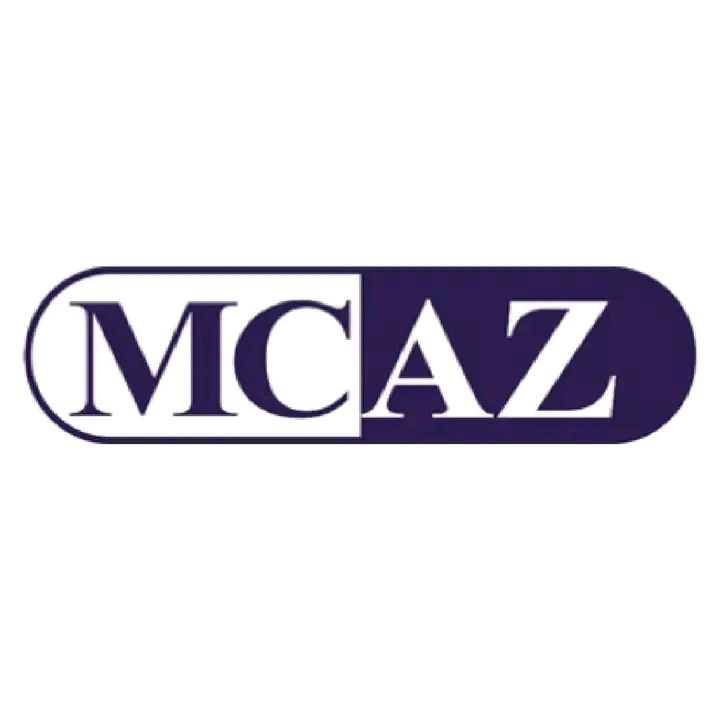By Julius Manganda
In an effort to contain the cholera outbreak in Zimbabwe, the Centre for Disease Control in Africa (CDC), in collaboration with the Ministry of Health and Child Care, conducted a two-day training program for Community Health Workers last week.
The program aimed to equip community health workers with the necessary knowledge, skills, and tools to effectively respond to cholera outbreaks in various jurisdictions.
Training sessions were conducted in different parts of Harare, targeting hotspot areas such as Kuwadzana, Budiriro, Highfield, and Chitungwiza.
Facilitators from Africa CDC, WHO, and the Harare City Council Health Department delivered presentations.
Healthcare workers received information on the latest clinical management guidelines for treating cholera patients, including the administration of antibiotics, fluid replacement therapy, and infection control measures.
Facilitators also discussed the transmission, symptoms, management, and prevention of cholera, emphasizing contaminated water and food as primary sources of transmission.
The workshop dedicated significant time to discussing surveillance strategies, including early warning systems, effective communication channels, and record-keeping.
Emphasizing the importance of collaboration, the workshop encouraged coordination among various stakeholders, including healthcare workers, government entities, non-governmental organizations, and researchers.
Batsirai Mbodza, Africa CDC representative, highlighted Africa CDC’s role in disease control across the continent.
The World Health Organization (WHO) shared best practices for promoting hand hygiene, safe food handling, and the use of oral rehydration therapy (ORT) to manage dehydration caused by cholera.
John Masina, WHO representative, urged health workers to engage with local leadership in disease prevention efforts.
Dr. Aspect Mawunganidze, Permanent Secretary in the Ministry of Health and Child Care, who was represented by Dr Stephen Banda, emphasized government’s commitment to community health and the importance of community health worker training.
“The Ministry of Health and Child Care places value on community health, and training of community health workers is one of the strategies used to achieve our national health goals. Cholera is a stubborn disease but can easily be prevented.To win this war, we should have community officers, who are in the communities and educating people on what needs to be done,” he said.
Dr Banda encouraged participants to implement the knowledge gained in their communities.
“The information shared here is exactly what needs to be done. Go and assist your communities so that we achieve our national health goals.
“Tell communities that government is with you in this fight against diseases. Government, Council and partners will ensure that you are well dressed for easy identification when you are carrying your work in communities,” he added.
Participants expressed confidence in their ability to serve their communities better after the training.
Takudzwa Longstone, a participant, highlighted the importance of the workshop in equipping youth with essential knowledge.
Gogo Hilda Maviza, from Western Triangle clinic in Highfield, emphasized the insights gained from the course in addressing health issues in her community.
Statistics from the Ministry of Health and Child Care indicate that as of February 13, 2024, Zimbabwe has reported 24,332 cumulative suspected cholera cases.


